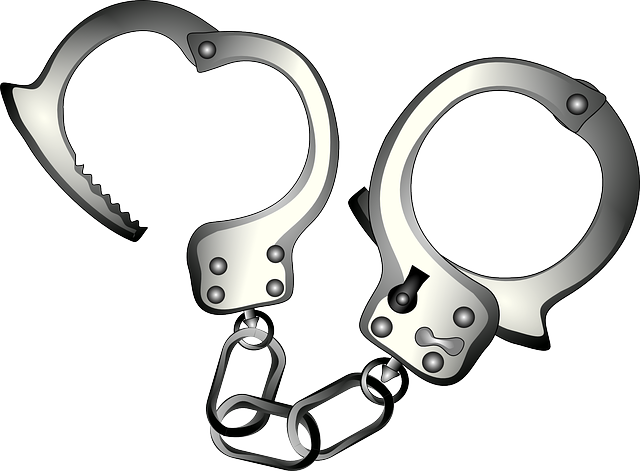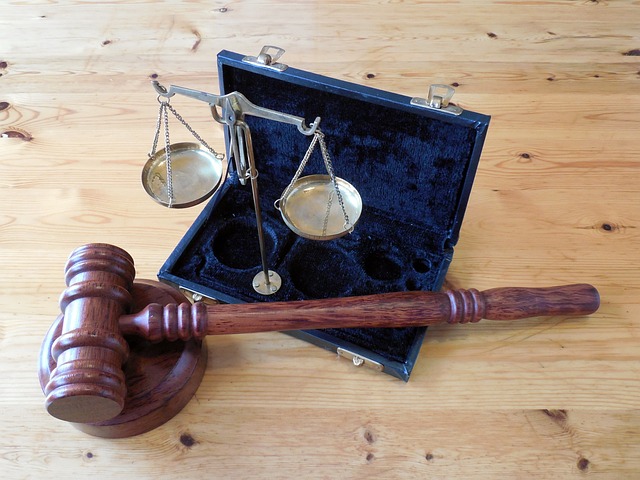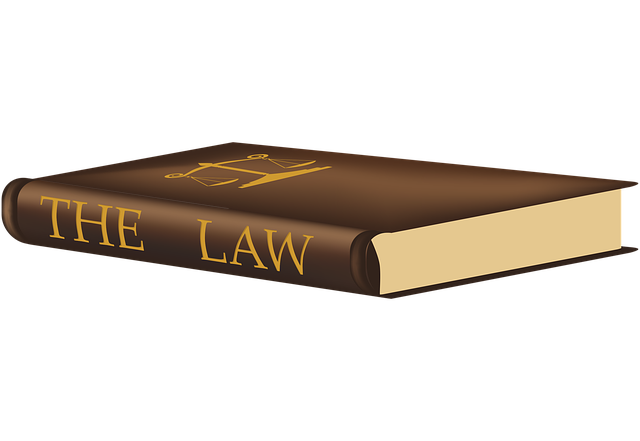C-Level Investigations deal with thorough inquiries into misconduct involving top executives, uncovering financial irregularities, ethical breaches, and criminal activities. Understanding these intricacies is crucial for defense strategies in criminal trials, particularly jury selection, to protect businesses' reputations and survival. "Criminal Trial Jury Selection Strategies" emphasize the critical process of voir dire, where attorneys uncover biases and prejudices through strategic questioning. Post-trial analysis refines best practices for upcoming cases, with jury trials remaining a primary dispute resolution method. By studying successful strategies and adopting innovative tactics like data analytics and diverse panel composition, investigators can improve investigation success in complex jury trials.
In the intricate world of corporate investigations, C-level inquiries stand out as pivotal. This article delves into the multifaceted aspect of C-level investigations, exploring their scope and impact on organizational integrity. We dissect critical components like the Criminal Trial Jury Selection Strategies, offering insights that can fortify your preparation and outcomes. Furthermore, we analyze post-trial implications, best practices, and strategic enhancements to ensure robust and effective investigation processes.
- Understanding C-Level Investigations: Uncovering the Scope and Impact
- The Art of Criminal Trial Jury Selection: Strategies for Success
- Enhancing C-Level Investigations: Post-Trial Implications and Best Practices
Understanding C-Level Investigations: Uncovering the Scope and Impact
C-Level Investigations refer to high-level inquiries into misconduct or wrongdoings involving top executives and decision-makers within a company. These investigations are comprehensive, delving deep into complex corporate structures to uncover truths that may have significant implications for both the respective business and its leaders. The scope of C-Level Investigations is vast, often including financial irregularities, ethical breaches, and potential criminal activities.
The impact of such inquiries can be profound, as they not only shape corporate governance practices but also influence the outcome of related legal proceedings. Understanding the intricacies of these investigations is crucial for developing winning challenging defense verdicts, especially in criminal trials where jury selection strategies play a pivotal role. Effective strategies are essential for C-level executives facing potential indictment, ensuring their respective business’s survival and reputation in an increasingly scrutinized corporate landscape.
The Art of Criminal Trial Jury Selection: Strategies for Success
The selection process for a jury in a criminal trial is a delicate art, one that can significantly impact the outcome of a case, especially in high-stakes situations like white-collar defense. This strategic phase, known as jury selection or voir dire, involves sifting through potential jurors to find an unbiased and fair panel that understands the nuances of the law. The goal for both prosecution and general criminal defense attorneys is to uncover biases, prejudices, or prior experiences that could influence a juror’s decision-making. By asking thoughtful questions, lawyers can gauge each prospective juror’s ability to set aside personal beliefs and render a verdict solely based on the evidence presented in court.
Successful strategies for Criminal Trial Jury Selection Strategies often involve understanding the context of the case. For instance, when dealing with complex financial crimes or those involving prominent figures from the philanthropic and political communities, attorneys must be adept at identifying potential sources of juror bias. This may include preconceived notions about specific occupations, levels of wealth, or affiliations. Through careful questioning and sometimes even subtle cues, lawyers can identify and dismiss biased jurors while selecting those who will fairly represent the diverse nature of the community, ensuring a balanced and impartial trial.
Enhancing C-Level Investigations: Post-Trial Implications and Best Practices
In the realm of C-Level investigations, post-trial implications play a pivotal role in shaping best practices for future cases. As jury trials continue to be a cornerstone of corporate and individual client disputes across the country, understanding the outcomes and lessons from past criminal trials is invaluable. By meticulously analyzing successful strategies employed during jury selection, investigators can enhance their approach, ensuring fair and impartial juries that better reflect the community. This process involves a deep dive into the factors that influence juror decision-making, allowing for more effective case presentations and improved outcomes.
Best practices in C-Level investigations post-trial emphasize the importance of adaptability and continuous learning. Investigators should remain agile, adjusting their strategies based on the unique dynamics of each case. Embracing innovative Jury Selection Strategies, such as incorporating advanced data analytics and diverse panel representation, can lead to more robust juries. These tactics not only ensure a broader range of perspectives but also help in identifying potential biases or influences that might impact the trial’s integrity. Ultimately, fostering a culture of ongoing learning and adaptation strengthens the investigation process, making it more robust and successful in navigating complex jury trials.
C-Level investigations demand a multifaceted approach, from understanding their scope and impact to implementing effective strategies like those in criminal trial jury selection. By enhancing post-trial implications and adopting best practices, organizations can ensure robust investigations that lead to informed decisions and strategic improvements. Leveraging these tactics, as discussed, enables businesses to navigate complex legal landscapes effectively.






